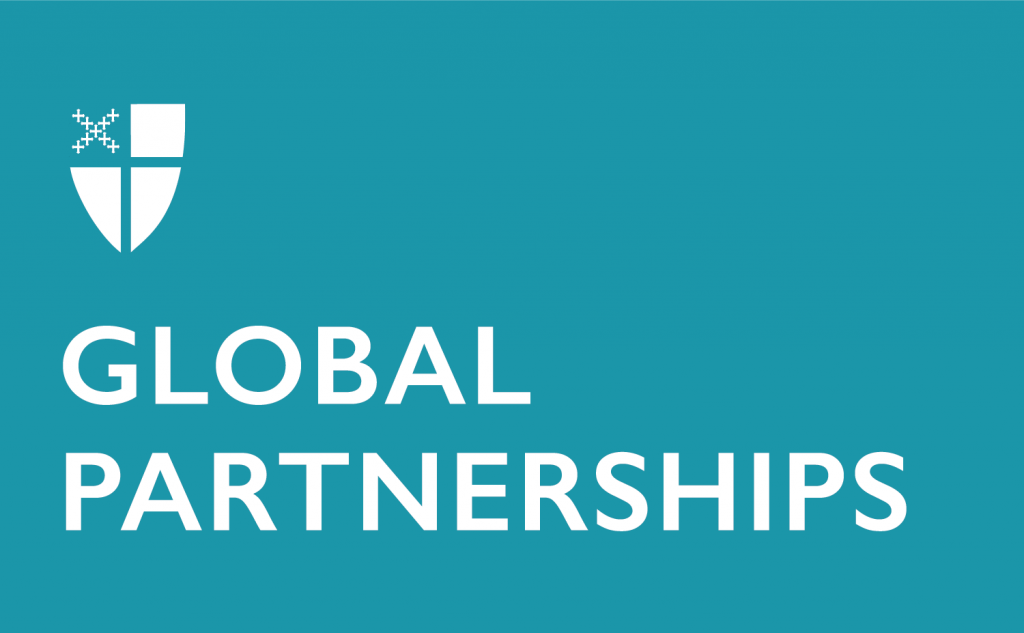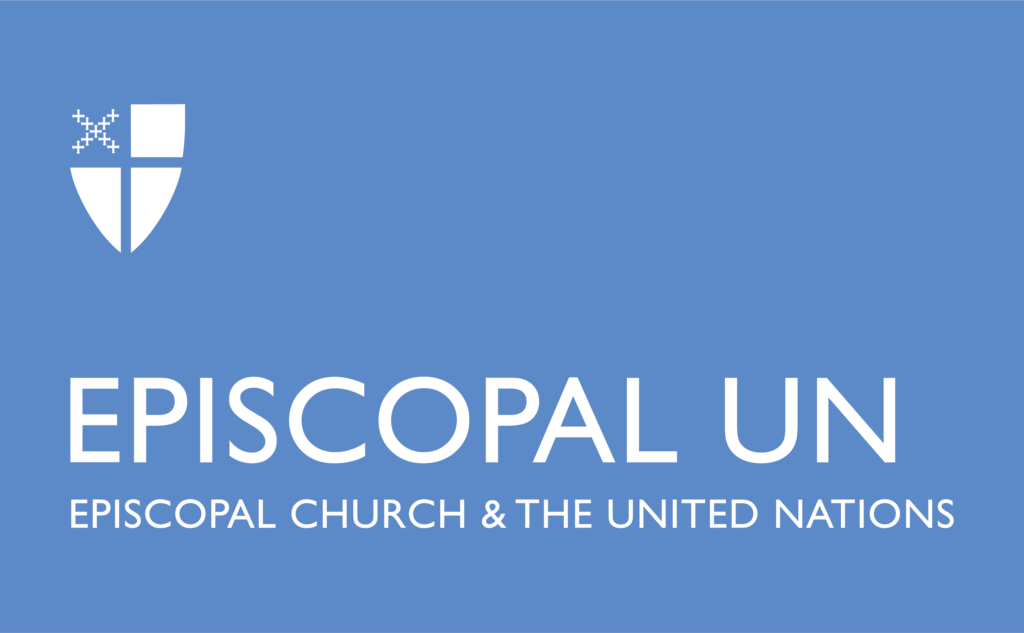"Will You Call This a Fast?"
Isaiah 58:1–9a
“Cry aloud; do not hold back;
lift up your voice like a trumpet;
declare to my people their transgression,
to the house of Jacob their sins.
2 Yet they seek me daily
and delight to know my ways,
as if they were a nation that did righteousness
and did not forsake the judgment of their God;
they ask of me righteous judgments;
they delight to draw near to God.
3 ‘Why have we fasted, and you see it not?
Why have we humbled ourselves, and you take no knowledge of it?’
Behold, in the day of your fast you seek your own pleasure,[a]
and oppress all your workers.
4 Behold, you fast only to quarrel and to fight
and to hit with a wicked fist.
Fasting like yours this day
will not make your voice to be heard on high.
5 Is such the fast that I choose,
a day for a person to humble himself?
Is it to bow down his head like a reed,
and to spread sackcloth and ashes under him?
Will you call this a fast,
and a day acceptable to the Lord?
6 “Is not this the fast that I choose:
to loose the bonds of wickedness,
to undo the straps of the yoke,
to let the oppressed[b] go free,
and to break every yoke?
7 Is it not to share your bread with the hungry
and bring the homeless poor into your house;
when you see the naked, to cover him,
and not to hide yourself from your own flesh?
8 Then shall your light break forth like the dawn,
and your healing shall spring up speedily;
your righteousness shall go before you;
the glory of the Lord shall be your rear guard.
9 Then you shall call, and the Lord will answer;
you shall cry, and he will say, ‘Here I am.’
Will you call this a fast, and a day acceptable to the Lord?
In the name of the Father, and of the Son and of the Holy Spirit. Amen.
I’ve only been worshiping as an Episcopalian for a few years. I converted from a very strict religious background, and one of the first things I noticed in my little, white, Episcopal church with the bright red doors is that there were no litmus tests. No one was competing in the piety Olympics. No one really cared about the orthodoxy of my beliefs. Later, I found that this refreshing spirituality was enshrined in the back of the Book of Common Prayer, Article XIV of the 39 articles. It reads,
Of Works of Supererogation
Voluntary works besides, over and above, God’s commandments, which they call Works of Supererogation, cannot be taught without arrogancy and impiety. For by them men do declare that they do not only render unto God as much as they are bound to do, but that they do more for His sake than of bounden duty is required: Whereas Christ saith plainly, When ye have done all that are commanded to you, say, We be unprofitable servants.
We have an example of some supererogation in today’s reading from Isaiah, when God’s people complain to God,
‘Why have we fasted, and you see it not?
Why have we humbled ourselves, and you take no knowledge of it?’
Fasting is a holy practice, and perfectly fine. Not one of my spiritual strengths, but fine. But in today’s reading, God cautions against any spiritual practice that serves only, as Article 14 says, to promote arrogance or impiety.
The Lord offers an alternative.
“Is not this the fast that I choose:
to loose the bonds of wickedness,
to undo the straps of the yoke,
to let the oppressed go free,
and to break every yoke?”
Free the oppressed, God instructs us. Share our bread with the hungry, invite the homeless into our house.
In my worlds of seminary, and here at the Episcopal Church Center and at the U.N., care for the oppressed can sometimes seem like a Herculean task. It can sometimes feel like justice requires a think tank, research, grant writing, large-scale mobilizing. And you know, I’m an introvert. I love Jesus and I love whomever God puts in my path, but going out and finding them? I don’t know how to serve God like that.
A few weeks ago, I heard a story about a person who rather inadvertently broke the bonds of wickedness. In 2009, in East Haven, Connecticut, near where I live, the Latino members of a Catholic congregation had been complaining to their rector, Fr. James Manship, that they, as Latino business owners were being targeted and harassed by the local police.
What could Fr. Manship do? What could one person do? Well, he heard his congregants and he decided to show up. He showed up at one of their businesses, and like clockwork, the police were there harassing the business owner. So, like all good modern day witnesses, Fr. Manship took out his phone and began recording. He was arrested.
What can one person do?
The corruption in that police department was so deep, it was found one of the officers had altered Fr. Manship’s arrest report 27 times. Fr. Manship was set free, and the officers who were caught on video were convicted for racial profiling, conspiracy to violate civil rights and deprivation of rights by making a false arrest. This was the opening salvo of widespread reform in the East Haven police department. Because one person, who had a modicum of influence, just showed up.
As I speak to you now, around 9,000 women and men from all over the world are heading to midtown Manhattan. Some of you may already be in this room. 9,000 people—some of them introverts— are arriving with a story to tell at the United Nations Commission on the Status of Women. 9,000 people are arriving to bear witness to gender-based violence and inequality.
What can one woman do to end workplace sexual harassment? What can one woman do to end sex trafficking? What can one woman do to eliminate rape as a weapon of war? Like Fr. Manship entering his congregants’ store that day in 2009, we do not know what fruits their witness will bear.
However, the Prophet Isaiah assures us if we but seek justice, healing shall spring up. This day is a day acceptable to the Lord. This is the fast God chooses: to loose the bonds of wickedness, to undo the yoke of injustice. To invite women into the shelter of empowerment and healing.
Let us pray that, as he promised, that the glory of the Lord shall guard them.
Misty Kiwak Jacobs (Presiding Bishop’s Staff/Intern to the United Nations) is a graduate of Sarah Lawrence College and current Master of Divinity Candidate at Yale Divinity School discerning ordination in the Episcopal Church in Connecticut. Volunteering alongside the Missionaries of Charity in a home for the aging in Russia sparked her conversion to Christianity. Her interests lay in the spiritual concerns of aging and end of life and she looks forward to serving in Hospice and Hospital chaplaincy. During UNCSW, Misty will be serving as a Lay Chaplain to our Episcopal delegates.


